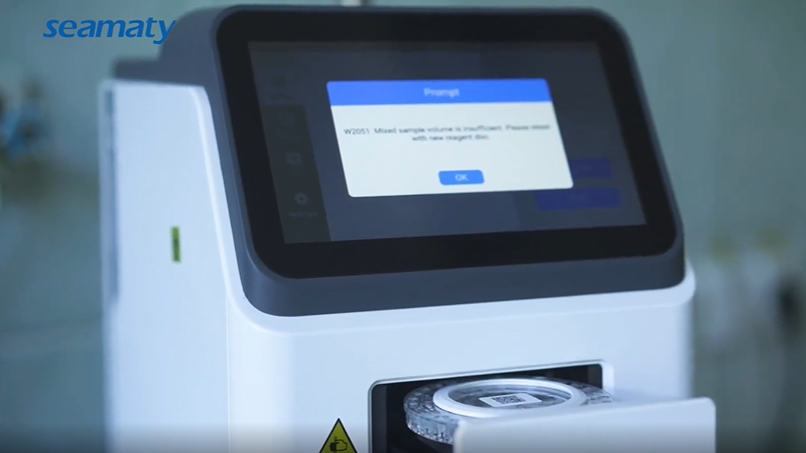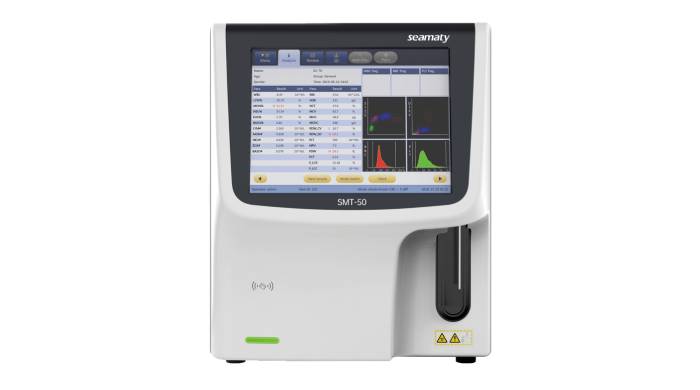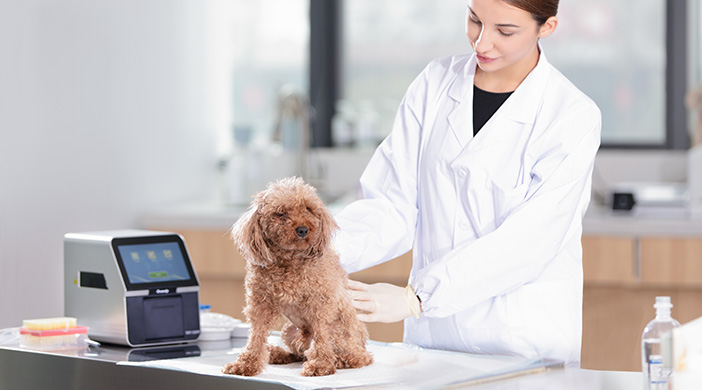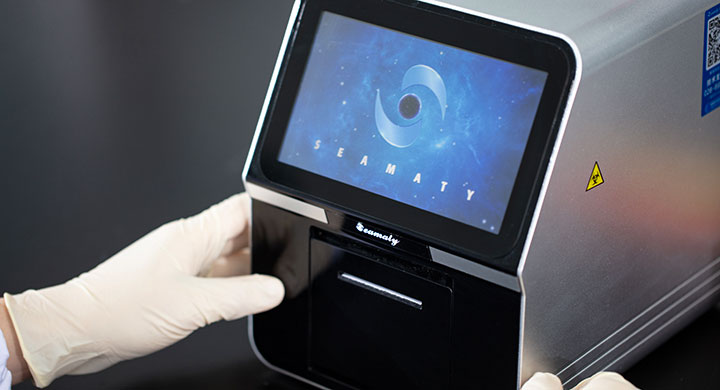A biochemistry machine is a device used to measure and analyze biochemical substances in solution. Biochemical substances can include proteins, enzymes, nucleic acids, and hormones. There are many different types of biochemistry machines on the market, so it is important to do your research before purchasing one.
In this blog post, we will discuss the basics of biochemistry machines and what you need to know before buying one.

1. What biochemistry machines are and what they do
Biochemistry analyzers are devices that are used to measure the concentration of various biomolecules in a sample. They are an important tool in both research and clinical settings, as they can provide insights into the metabolism of cells and tissues.
There are many different types of biochemistry machines, each with its own advantages and disadvantages. The most common type of analyzer is the spectrophotometric analyzer, which uses light to measure the concentration of a molecule.
Other types of analyzers include fluorescence-based analyzers and mass spectrometers. Each type of analyzer has its own strengths and weaknesses, and the best type of analyzer for a particular application will depend on the specific needs of the user.
2. The different types of biochemistry machines
Biochemistry analyzers are instruments used to measure the concentration of specific chemicals in a sample. There are a variety of different types of biochemistry machines, each with its own strengths and weaknesses.
Enzymatic assays are the most commonly used type of biochemistry machine . These instruments work by measuring the rate of reaction between enzymes and substrates. However, enzymatic assays can be affected by a number of factors, including pH and temperature.
Immunoassays are another type of biochemistry machine . These instruments measure the binding between antibodies and antigens. Immunoassays are less affected by pH and temperature changes than enzymatic assays, but they can be more expensive.
Radioisotope assays are the most sensitive type of biochemistry machine . These instruments measure the radioactivity of a sample to determine the concentration of specific chemicals. However, radioisotope assays can be expensive and time-consuming to set up.
3. How to choose the best biochemistry machine for your needs
When it comes to choosing a biochemistry machine , there are a few things you need to take into account.
First, what is the throughput you need? This will help you determine the size and speed of the machine.
Second, what types of assays do you need to run? There are a variety of machines on the market that can perform different types of assays, so make sure you choose one that meets your needs.
Third, what is your budget? Biochemistry analyzers can range in price from a few thousand dollars to over ten thousand dollars, so it's important to set a budget before you start shopping.
Fourth, how often do you need to use the machine? If you only need it for occasional use, a less expensive model may be sufficient. However, if you plan on using it on a daily basis, it's worth investing in a more durable model.
Finally, what is the level of maintenance required? Some machines require very little maintenance, while others need to be calibrated frequently. Be sure to factor this into your decision as well. With these factors in mind, you should be able to find the best biochemistry machine for your needs with ease.



